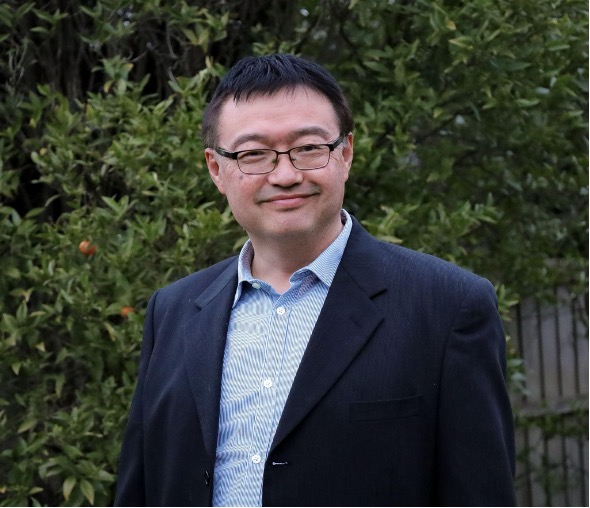Language Discovery Group Seeks Partners to Fuel Expansion of Palaygo Language Learning Platform
BRANDVOICE
Learning a foreign language is one of the best ways to learn about other cultures, and this cultural enrichment opens people’s minds and widens their horizons, allowing them to become more tolerant of differences. Being able to speak foreign languages is also beneficial to careers and international trade in today’s globalized world.
To facilitate better learning of foreign languages among schoolchildren, Language Discovery Group, an educational organization based in Melbourne, Australia, created an international language and culture exchange platform known as Palaygo in 2014. Palaygo is a combination of the words “pal”, “palette”, “play” and “go”, which is Japanese for language. Currently, it helps Australian students learn Japanese and Japanese students learn English by communicating with each other. There are also plans to expand the number of languages, with Chinese to be added soon, and other global languages, such as Arabic, will follow.
Language Discovery Group was founded by CEO Frank Noda, who spent his youth in both Australia and Japan. He worked for a Japanese conglomerate’s sales and marketing division before becoming an interpreter for a major British broadcaster. According to Noda, he created the Language Discovery Group as a way to connect children from different countries, allowing them to learn each other’s languages as well as find joy and meaning in learning about different cultures. Noda had originally launched an early version of Palaygo in the mid-2000s but due to the global financial crisis, the company would need to restructure before it was relaunched in 2014.

While there are many language learning programs today, both online and offline, self-learning and teacher-led instruction have their limitations. To effectively learn a language, the learner needs to practice speaking it, preferably with a native speaker. Using automated language tools can be inaccurate and make it harder to learn a language’s structure and grammar.
Palaygo seeks to solve these problems by facilitating a connection between similar-aged children who are learning each other’s languages. Palaygo has three levels: Palaygo Mail, a text-based chat program, Palaygo Talk, a real-time video calling platform, and Palaygo Tour, where students can travel to their online friends’ countries and homes to visit their schools.
Both Palaygo Mail and Talk use the patented palette tool, which allows language learners to select various phrases that can serve as topics for their conversation. These phrases are customizable, help demonstrate the language’s structure, and introduce unfamiliar words to the learner’s vocabulary. The palette tool’s various educational and communication features differentiate Palaygo from other text and video chat programs.
Both Palaygo Mail and Talk also have safety mechanisms to ensure that communication is safe and age-appropriate for everyone involved. Palaygo can be used stand-alone or as a supplement to in-class or self-directed language learning. Many language teachers have commented that using Palaygo has made students more enthusiastic about learning language and helped to enhance their overall learning as well as making them more curious to explore other cultures. Palaygo has been recognized in the 9th Kids Design Award in Japan, an initiative supported by the Japanese government, and former Australian Prime Minister Kevin Rudd also used Palaygo Mail.
Language Discovery Group is building Palaygo 3.0, which incorporates a host of other improvements. These include stand-alone learning curriculums, cross-platform compatibility between PC and mobile devices, AI-guided feedback and conversation prompts, and the ability to communicate in English, Japanese, and Chinese, and between same-language learners. The company also recently launched a version of Palaygo intended for adults, featuring a redesigned interface.

To aid it in its mission to spread cultural understanding through language learning, Language Discovery Group is seeking partnerships and investments to further develop the Palaygo platform. According to Noda, there is a huge demand for learning foreign languages, with more than a million Chinese learners in Japan and more than a million Japanese learners in China. There are 10 million people in Japan learning English and 4 million people learning Japanese globally. China’s huge population and growing role in global trade have also created a market of around 20 million people worldwide learning Chinese, while 400 million people in China want to learn English.
Furthermore, Palaygo’s two-way, mutual learning structure allows it to earn revenue from both sides, rather than just one side in a self-directed or teacher-student setting.
“There’s a gap in terms of language and understanding between East Asia and the Western world, and Palaygo can help bridge that gap,” Noda says. “Learning language is also about learning culture and learning about the people. It enhances mutual respect and understanding, and we believe this is very important, not just in having economic relationships with each other, but in having genuine human-to-human relationships that contribute to making the world a peaceful place.”